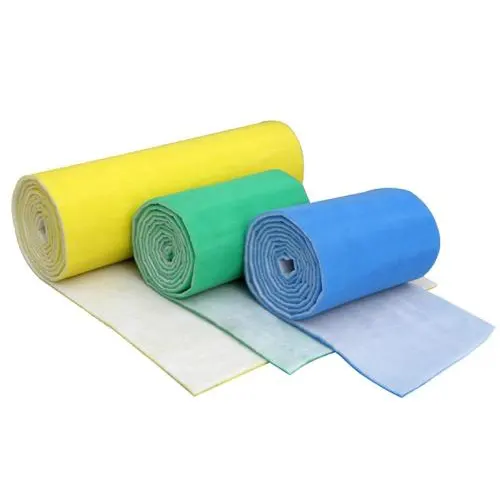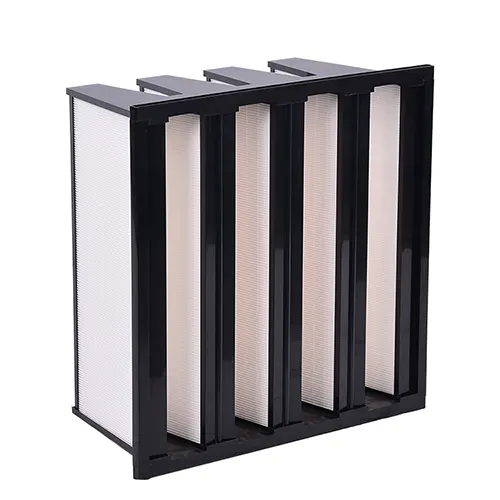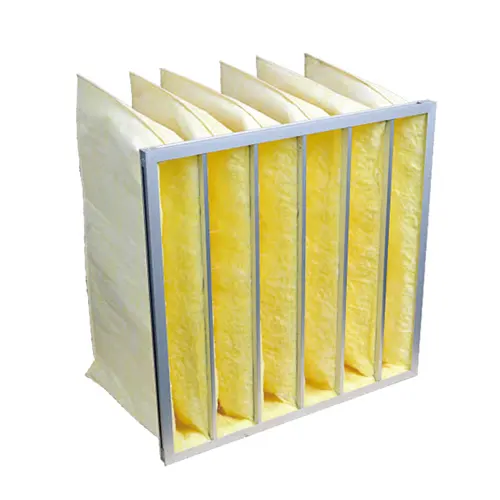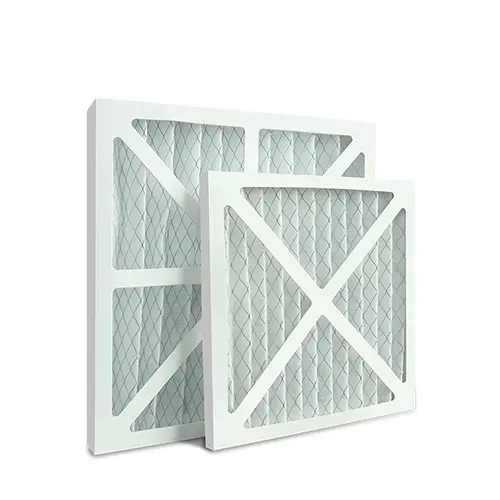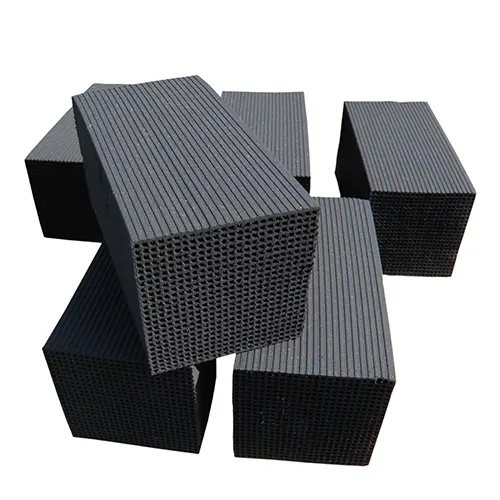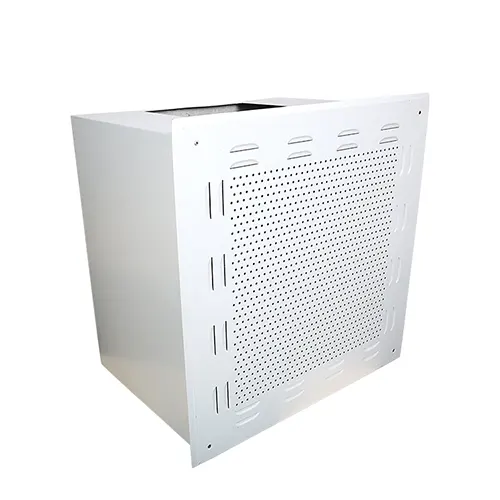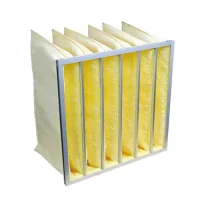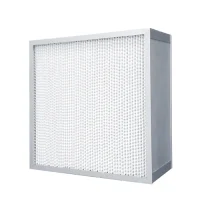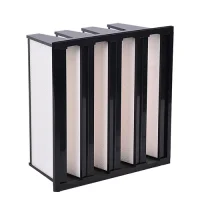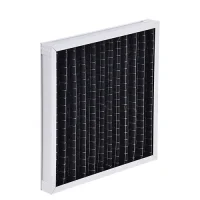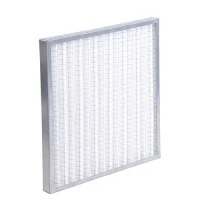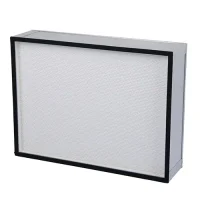Air filtration helps maintain a healthy, comfortable, and productive environment within commercial buildings. Whether it’s an office building, shopping mall, hospital, or school, air quality directly impacts the health of occupants, the efficiency of HVAC systems, and the overall building maintenance.
Health and Well-being of Occupants
Indoor air quality can be compromised by a variety of pollutants, including dust, allergens, bacteria, viruses, and volatile organic compounds (VOCs). Poor air quality in commercial buildings can lead to respiratory problems, allergies, and fatigue among employees, visitors, and tenants. Proper air filtration helps capture harmful particles, improving overall health and well-being, reducing absenteeism, and promoting a comfortable working environment.
Compliance with Health and Safety Standards
Commercial buildings, especially those in the healthcare, food service, and hospitality sectors, must comply with health and safety regulations concerning indoor air quality. Air filtration systems, such as HEPA filters or MERV-rated filters, ensure that buildings meet required standards and guidelines for air cleanliness. Proper filtration also helps commercial properties avoid legal issues and potential fines due to non-compliance with air quality regulations.
Enhanced Productivity and Comfort
In commercial office spaces, clean air directly influences employee productivity. Better air quality leads to improved concentration, fewer health-related issues, and greater overall comfort. For example, air filtration helps reduce exposure to airborne pathogens and allergens, leading to fewer sick days and higher employee morale. Clean air also reduces odors, creating a more pleasant atmosphere in offices and meeting rooms.
Protection of HVAC Systems
Air filtration protects the HVAC system from dust and debris buildup, preventing clogging and damage. Over time, unfiltered air can lead to a decrease in the efficiency of heating and cooling systems, causing the need for more frequent maintenance and higher energy costs. Using air filters reduces wear and tear on HVAC components, extending their lifespan and ensuring optimal performance.
Energy Efficiency and Cost Savings
High-efficiency air filters allow for smoother airflow, which can optimize HVAC system performance. When air is clean and unencumbered by dust and debris, it reduces the workload on HVAC systems. As a result, commercial buildings can see a decrease in energy consumption, lower operating costs, and reduced need for frequent repairs. Energy-efficient filters also contribute to sustainability goals, helping businesses reduce their carbon footprint.

